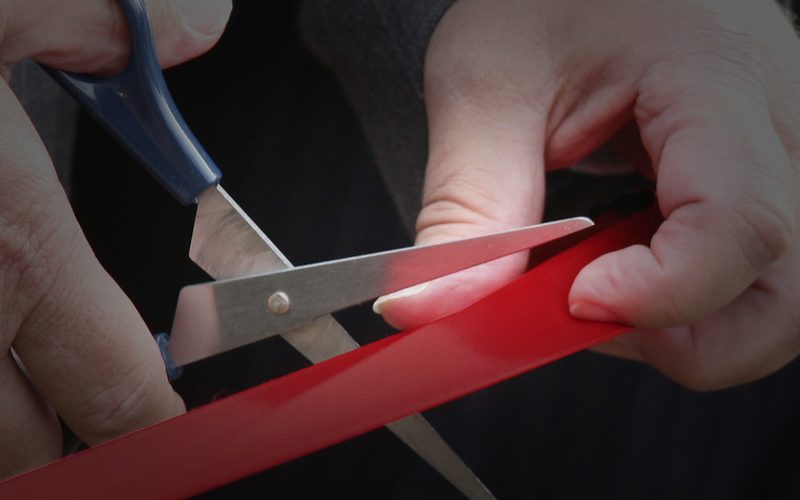A new report from the Common Sense Institute of Arizona (CSI) details the positive economic benefits of HB 2569, a 2019 bill and law that made Arizona the first state in the nation to adopt universal occupational licensing recognition. Since its passage, the state has issued more than 8,000 licenses that would not have been furnished without the legal enshrinement of reciprocity.
Glenn Farley, the author of the report and the director of policy and research for CSI Arizona, concluded that over the last 3.5 years, universal licensing recognition has added 13,100 jobs to the state economy and $1.2 billion in economic growth. Additionally, as Arizona continues to experience unprecedented rates of in-migration, Farley says that the adoption of universal licensing has positively contributed to the expansion of the state’s population. Since 2019, annual domestic in-migration has increased from 70,000 people per year to 100,000 people per year.
“If the program continues attracting workers at this rate over the next decade it will generate more than $3 billion in new annual economic activity for Arizona,” Farley said. Additionally, it could add over 30,000 jobs. While these projections assume the same rate of usage experienced during the last 3.5 years stretching over the next 7.5, Farley argues that this is a reasonable expectation. In fact, “the program continues to attract new workers at roughly the same rates today as during its inaugural year.”
When breaking down which sectors have benefited most from this reform, construction, real estate, and healthcare come out on top. These three industries lead the pack when looking at the more than 8,000 new licenses issued since the reform’s implementation.
The report also addresses a common critique of universal occupational licensing recognition: that it could negatively affect health and safety. “CSI reviewed and could not find evidence of any decrease in regulated service quality,” said Farley, “as measured by the volume of professional complaints received since enactment of the universal recognition law.”
While he acknowledges that these findings are not conclusive because of a lack of available and standardized data, he says that their analysis of professional complaints are indicative.
Reformers across the nation on both sides of the aisle have rushed to enact universal reciprocity following Arizona’s first in the nation law. Colorado, Virginia, Ohio, Nevada, and 15 other states enacted similar laws in the years following HB 2569’s enactment.
Momentum has built for such reforms, as economists have increasingly argued that strict professional licensure regimes hamper economic growth. Only 5% of the American workforce had or was required to have an occupation license in the 1950s, versus over 20% today.
“Occupational licensing requires time, effort, and money to obtain – which reduce[s] the willingness of new workers to enter a licensed occupation,” Farley says. “These burdens can be particularly acute if a worker crosses jurisdictional lines.”
In 2022, CSI AZ calculated that occupation licensing has cost Arizona 188,000 jobs and $16.2 billion in GDP.
















Add comment